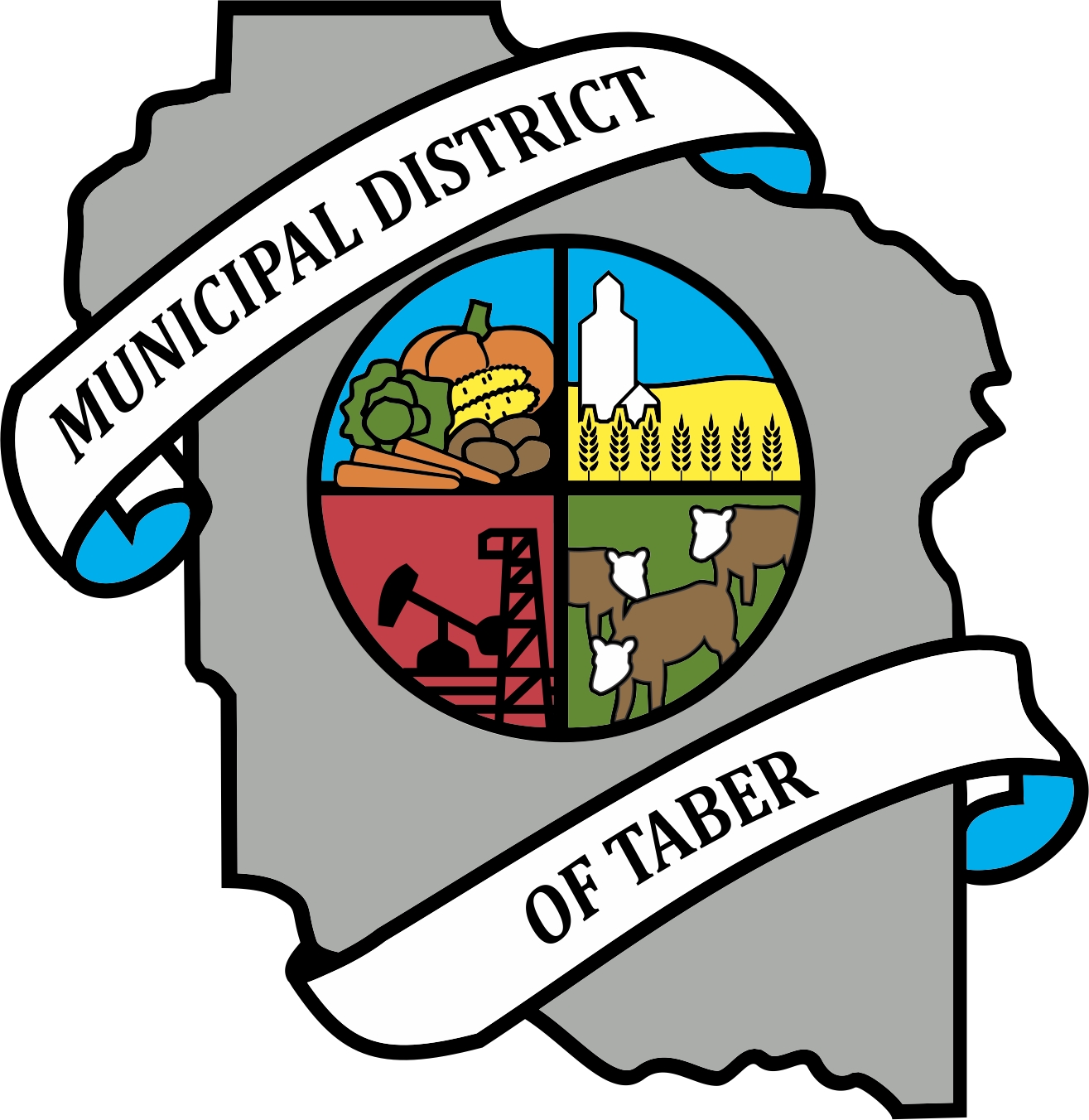Current Temperature
20.0°C
M.D. Code of Conduct Bylaw receives third reading
Posted on February 2, 2023 by Vauxhall Advance
By Cole Parkinson
Vauxhall Advance
It’s been a long time up to this point, but with all amendments in place, the Municipal District of Taber councillors were able to get one final look at their Code of Conduct Bylaw before third reading. During council’s regular meeting on Jan. 24, councillors reviewed the bylaw along with a redacted letter from Marianne Ryan from the Alberta Ombudsman. Coun. Chantal Claassen was absent for this portion of the meeting.
“The way I look at it is, we had some thoughts and opinions that we wrote down that maybe were a little hard to navigate through. So, Jennifer (Sykes from Caron and Partners) cleaned it up and when I read the clean copy, it was a very flowable document with easy steps to follow. We didn’t ever touch the Code of Conduct Bylaw itself, it’s just the process,” stated Coun. John DeGroot.
“There are lots of wording changes, but the content that the committee came up with and the amendments that council has done, what she did was go through and ensure that if it was challenged in a court of law, the flow and the legal aspects were worded correctly. We missed a couple of spots for timelines and she made sure they were outlined,” added Deputy Reeve Tamara Miyanaga.
DeGroot, Miyanaga, and Coun. Chantal Claassen were the three members of the Council Code of Conduct Review Committee.
“At the end, we made sure it was compliant with the MGA, that it made sense to the committee, and met the ombudsman’s recommendations that complied with the MGA because there is one that doesn’t align right now with the MGA. We spent another hour and a half with her going through line by line,” added Miyanaga.
With complaints coming into a CAO-monitored email, it was asked what the process would be if the complaint involved the CAO.
“What happens in the eventuality that one of the involved parties is the CAO? Is that problematic or is that easily solved?” asked Coun. Brian Hildebrand.
“I think it’s easily solved. I can’t quite remember offhand, but a professional will be able to give it to the second or third in command and go down the chart,” replied DeGroot.
Council was also able to review the letter from the Alberta Ombudsman which was attached to the agenda.
“The role of my office is to investigate matters of administration with the goal of determining if the processes and decisions were administratively fair. This investigation focused on the process the M.D. used in rendering its decisions and my recommendations are aimed at improving that process. My investigation did not include, nor will I be commenting on the merits of the Code of Conduct complaints or the decided outcome,” reads the letter from Ryan. “I understand the Code of Conduct for Elected Officials Regulation (the Regulation) is relatively new and the three investigations that took place were a first for the M.D. I recognize this was a substantial undertaking for the M.D. and finding comparisons or examples were hard to come by.”
The letter also summarized the councillors’ complaints to be:
• Council for the M.D. passed, via resolution, a Code of Conduct Complaint Process Manual (the Manual) and a Complaint Form and Guide (the Guide) at an Aug. 13, 2019, council meeting, which is also the date the Code of Conduct complaints were made.
• The complainant who submitted the Code of Conduct complaints against the councillors had significant involvement in the development of the guide and manual.
• The manual and the guide were improperly passed via resolution. The councillors allege they should have been passed in the same way in which a bylaw is passed as the manual and guide should be a direct reference in the Code of Conduct Bylaw.
• Council imposed a further sanction that was not included in the originally recommended sanctions, specifically, publicizing the councillors’ letters of apology.
With the first issue, the letter stated “the decisions issued had a significant impact on the councillors and the process did not reflect this.” In regard to duty of fairness and the release of the apology letters to the public, the ombudsman stated “The councillors are elected officials and both the Code of Conduct sanctions and apology letters were made public. There was no opportunity for the councillors to appeal these decisions as, according to the M.D.’s Guide and Manual, the only appeal lies with the complainant. Further, the information provided to the public only included the sanctions and apology letters; however, no additional context was provided. The public had no way of knowing what the allegations were nor which ones the councillors were found to be in violation of. Having one-sided information provided to the public who elects members of council is inherently unfair for the councillors who find themselves going through this process.”
It also touched on participation rights which the letter stated, “The councillors were provided with copies of their respective investigation reports; however, it is unclear when they were provided. My investigator was unable to confirm if the councillors had an opportunity to discuss the findings and sanctions with the Ad Hoc Committee. It is also unclear the amount of time the councillors would have had to review their reports in order to provide a thoughtful response to the committee. The decision to make the councillors’ letters of apology public was not discussed with the councillors; therefore, they had no opportunity to respond to this decision.”
To read the full story, pick up a Vauxhall Advance issue or subscribe to an ePaper digital subscription! You can sign up for digital or traditional subscriptions on vauxhalladvance.com by clicking subscribe under ePaper on the home page.
Leave a Reply
You must be logged in to post a comment.

 Log In
Log In